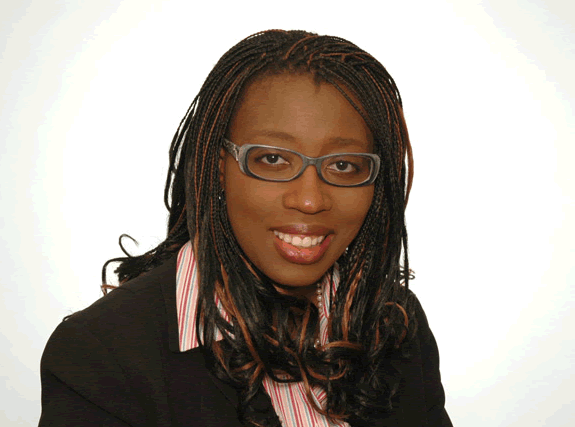Africa can’t leave its development agenda at whims of unpredictable factors – Songwe

African countries have been reminded that they cannot continue to leave their development agenda at the whims of unpredictable factors beyond their control.
The Executive Secretary of the Economic Commission for Africa (ECA), Dr. Vera Songwe told the leaders meeting at the 37th Southern African Development Community (SADC) Heads of State and Government Summit in South Africa, “we cannot leave our development agenda at the whims of unpredictable factors beyond our control. Africa must continuously look for home-grown and creative solutions to our own problems,” she said.
She outlined the following factors, describing them as a time of great uncertainty.
She pointed out that world growth prospects today remain modest at 3.5 per cent for this year, with trade and investment opportunities contracting both in the developed and developing countries, adding that although global growth is projected to rise to 2.9 per cent in 2018 into 2019, the overall outlook remains uncertain, especially as growth fundamentals remain weak and commodity prices are expected to continue being sluggish.
“In addition, with the spin-offs of Brexit and an increasingly inward-looking United States of America still unfolding, as well as signs of increasing protectionism and fragmented globalization, there are many uncertainties ahead which Africa must not only build resilience but also take advantage of using our collective strength,” she said.
Dr. Songwe indicated that in the case of the African continent as a whole, growth has also slowed down to 3.2 per cent this year; and is expected to rise only slightly to 3.8 percent in 2018.
“Foreign Direct Investment (FDI) is also on the decline. In fact, the United Nations notes that FDI flows to developing countries fell from $431 billion in 2015 to $209 billion in 2016, with most of this resources going to Asia and Latin America,” she said.
According to Dr, Songwe, there are favourable factors that the continent can look to.
“We already have factors in the continent’s favour, that we must leverage to build resilience and sustainable growth of our continent. The rapid urbanization and an expanding middle class; ongoing efforts to deepen trade and investment ties amongst African countries, through regional integration; better governance, improved macroeconomic management; leveraging the continent’s young population and a growing labour force; and sectoral reforms to facilitate domestic resource mobilization are amongst the ingredients for Africa’s success,” she said.
She told the leaders that if the regional bloc’s full potential would be unleashed, describing the region as well-endowed, to enable it emerge as a true power bloc capable of driving Africa’s overall integration agenda, there is still much work ahead.
“SADC can do it for everyone else in the region because, right here in this room and playing kind host to all of us, there is a gigantic elephant — South Africa’s participation in the G20 is a formidable vehicle to link Africa and its development priorities to the global discourse, and help promote our collective interests for reorientation of the international development agenda in our favour. Free Trade will allow the creation of jobs and regional connectivity for our youth. We must persist on this agenda and the SADC community can help us lead on this.
Building on the successes that SADC has registered to date, we can together make the Continental Free Trade Area (CFTA) a reality. For this to happen, strong political buy-in and leadership is required to unblock bottlenecks in negotiations and to drive domestic reforms that will empower the private sector to also buy into and take advantage of the CFTA opportunities,” she said.
By Emmanuel K. Dogbevi
